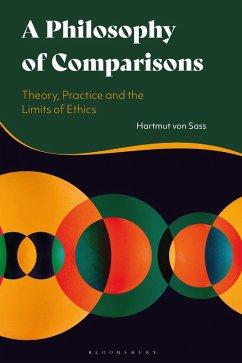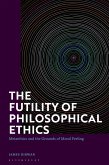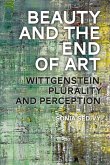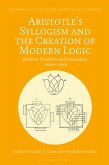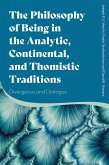Comparing is one of the most essential practices, in our everyday life as well as in science and humanities. In this in-depth philosophical analysis of the structure, practice and ethics of comparative procedures, Hartmut von Sass expands on the significance of comparison.
Elucidating the ramified structure of comparing, von Sass suggests a typology of comparisons before introducing the notion of comparative injustice and the limits of comparisons. He elaborates on comparing as practice by relating comparing to three relative practices - orienting, describing, and expressing oneself - to unfold some of the most important chapters of what might be called comparativism.
This approach allows von Sass to clarify the idea of the incomparable, distinguish between different versions of incomparability and shed light on important ethical aspects of comparisons today. Confronting the claim that we are living in an age of comparisons, his book is an important contribution to ideas surrounding all-encompassing measurements and scalability and their critique.
Elucidating the ramified structure of comparing, von Sass suggests a typology of comparisons before introducing the notion of comparative injustice and the limits of comparisons. He elaborates on comparing as practice by relating comparing to three relative practices - orienting, describing, and expressing oneself - to unfold some of the most important chapters of what might be called comparativism.
This approach allows von Sass to clarify the idea of the incomparable, distinguish between different versions of incomparability and shed light on important ethical aspects of comparisons today. Confronting the claim that we are living in an age of comparisons, his book is an important contribution to ideas surrounding all-encompassing measurements and scalability and their critique.

